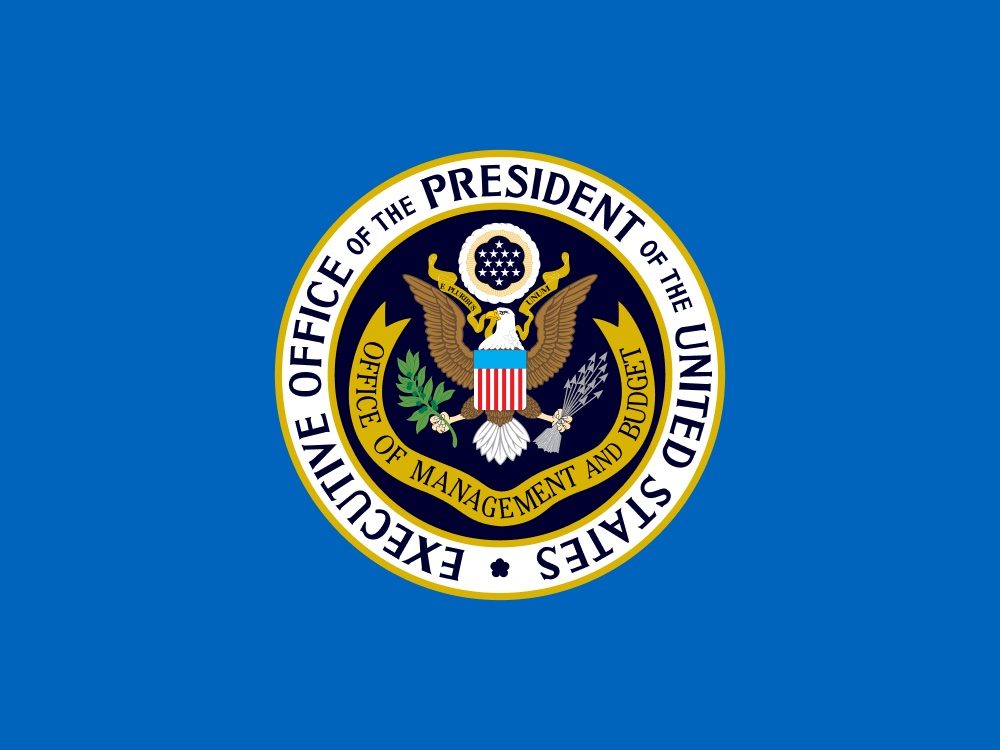The drone industry stands on the verge of significant growth, but bureaucratic delays threaten to stall its progress. A draft rule for Beyond Visual Line of Sight (BVLOS) operations, currently under review by the White House Office of Management and Budget (OMB), could unlock the scalability of critical drone applications when passed. Yet, with deadlines looming, industry leaders stress the urgency of publishing the rule before potential political shifts in early 2025.
The Importance of BVLOS Regulations
BVLOS operations allow drones to perform complex tasks over greater distances without requiring the operator to maintain direct visual contact. These capabilities are critical for applications such as infrastructure inspections, agricultural monitoring, and disaster response. The draft BVLOS rule, known as Part 108, has been eagerly awaited since the FAA’s March 2022 Aviation Rulemaking Committee report.
Currently, operators must navigate costly and time-consuming approval processes for BVLOS flights, creating barriers to industry growth.Michael Robbins, President and CEO of the Association for Uncrewed Vehicle Systems International (AUVSI), and Lisa Ellman, Executive Director of the Commercial Drone Alliance (CDA), emphasize that this situation “is not sustainable.” They argue that a streamlined regulatory framework is essential for scaling drone operations and realizing their full economic and societal benefits.
“Safely enabling drones to fly beyond the direct visual line of sight of the operator facilitates more complex and cost-effective applications covering a greater distance and reaching a broader community,” they wrote in an op-ed for Inside Unmanned Systems.
Challenges and Deadlines
Although Congress mandated the release of the BVLOS rule by September 16, 2024, the deadline has passed without action. FAA leadership has since committed to publishing the draft rule by late 2024 or early January 2025. Robbins and Ellman warn that further delays could derail progress, particularly with an upcoming presidential transition in January 2025. Such a change could result in a rulemaking moratorium lasting months or years.
“At this stage, it is the forward movement and issuance of the draft rule that matters most,” they wrote. “Perfect should not be the enemy of the good. It is just a draft rule.”
Once published, the draft rule will undergo extensive review and refinement, allowing stakeholders to provide feedback and ensure it balances safety with innovation.
The Role of Industry Advocacy
AUVSI and CDA have been instrumental in shaping U.S. drone regulations, including the foundational Part 107 rule. They now urge industry stakeholders to avoid scheduling individual meetings with the OMB’s Office of Information and Regulatory Affairs (OIRA). This approach aims to expedite the interagency review process and ensure the draft rule is ready for publication.
“Our organizations respectfully ask that individual member companies stand down from scheduling individual meetings with OIRA on the draft safety rule so that OIRA can move with speed through their process,” Robbins wrote in a LinkedIn update.
The associations have committed to strongly representing the industry’s views during their upcoming meetings with OIRA.
Unlocking the Industry’s Potential
Timely action on BVLOS rulemaking is critical for the drone industry to achieve its projected economic contributions. Studies estimate that drones will add billions of dollars to the U.S. economy in the next decade, but without BVLOS regulations, much of this potential remains untapped.
“The drone industry is standing on the precipice of a new era,” Robbins and Ellman wrote. “The timely issuance of a draft BVLOS rule will unlock the scalability of high-value operations, such as drone deliveries, agricultural monitoring, infrastructure inspection, and public safety operations.”
As federal agencies, Congress, and the White House consider the next steps, industry advocates stress that the time to act is now. “The future of the drone industry in the United States—and the countless benefits it can bring—depends on timely action,” Robbins and Ellman concluded.
For more information, visit the AUVSI and Commercial Drone Alliance websites.
Want DRONELIFE news delivered to your inbox every weekday? Sign up here.
Read more:

